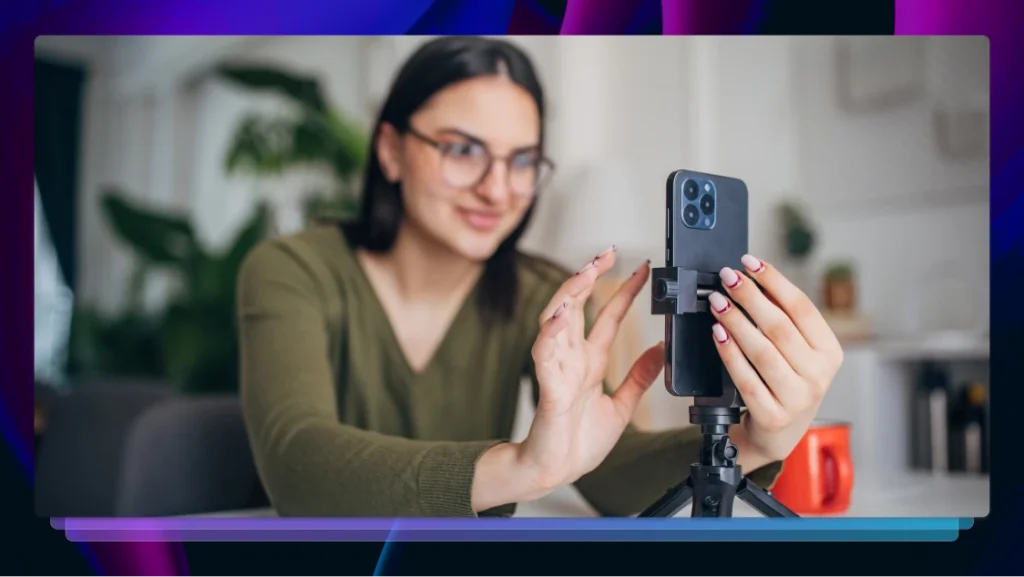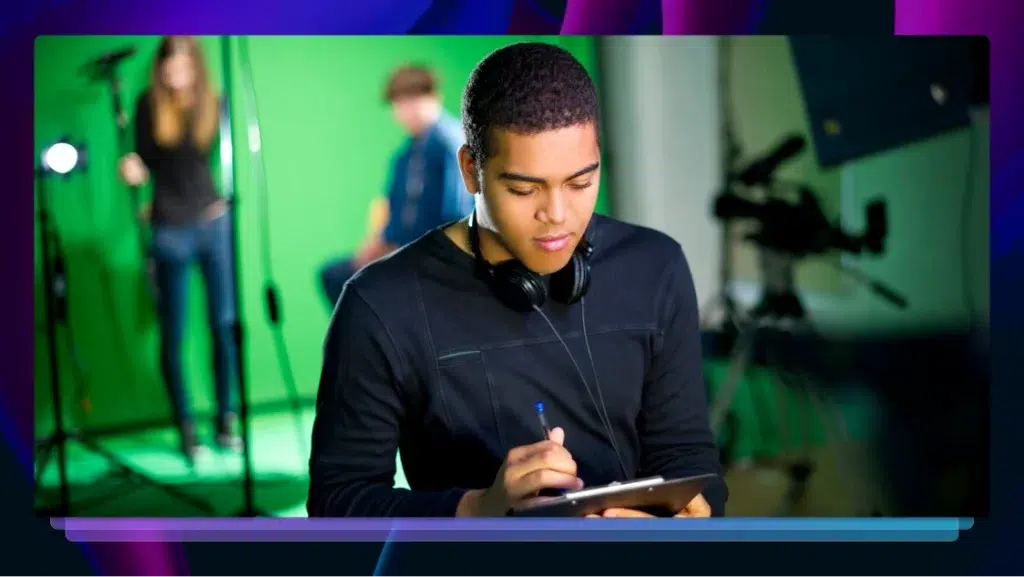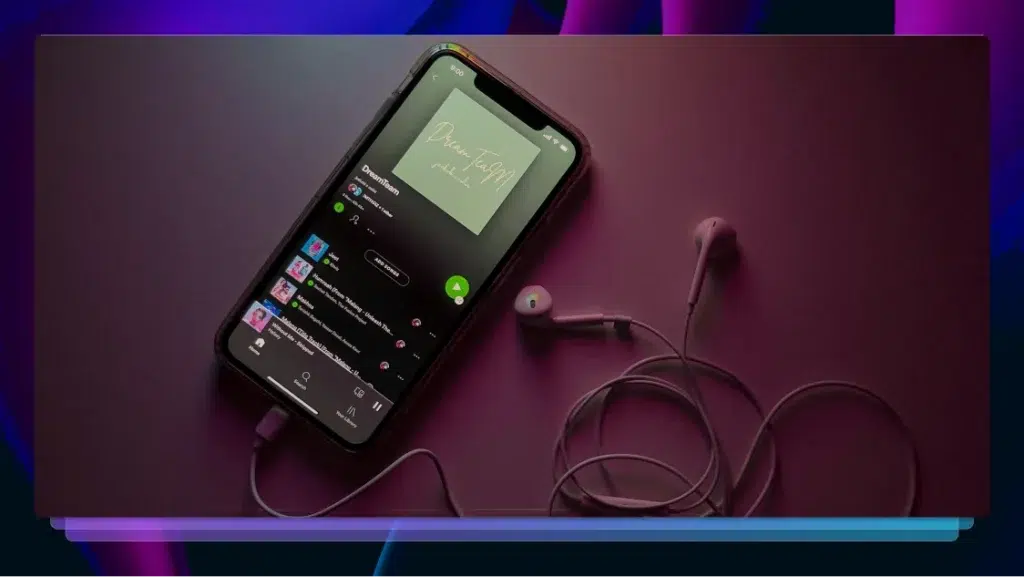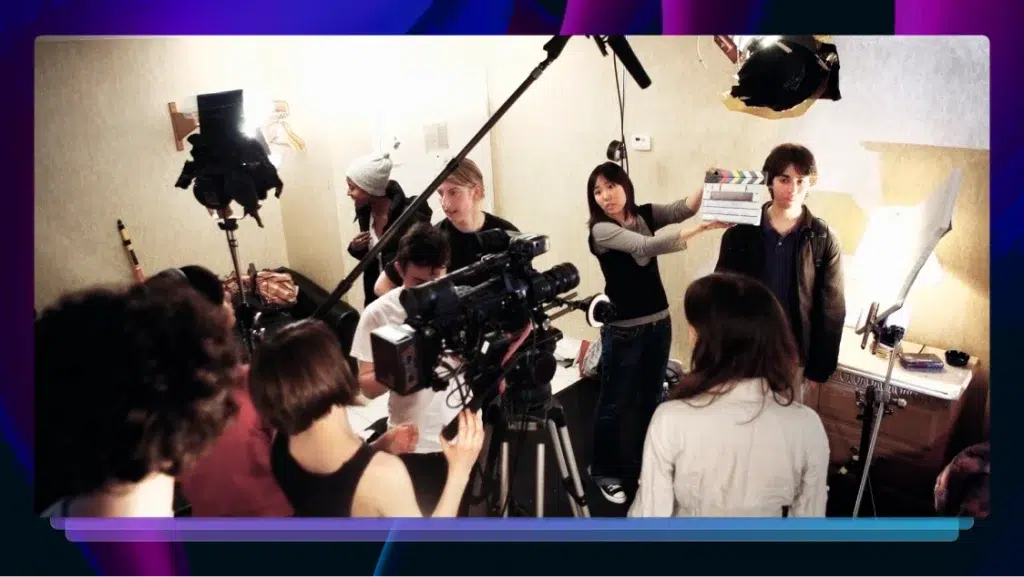How to Write Newspaper Interview Articles Faster With Transcription
Recording and transcribing an interview has other workflow benefits, too. It makes editing the interview, searching the text, and composing the article faster. Here's how to enhance the interview transcript process.

There are two types of newspaper interviews: the news interview and the profile. Both of these are valuable elements of the journalism machine. They provide first-hand information and opinion on the topic. And a good interviewer will coax out not just color but surprising new angles from their interview subject.
Taking notes to catch your passing thoughts can help. But recording and transcribing chat is easy and affordable.
Recording and transcribing an interview has other workflow benefits, too. It makes editing the interview, searching the text, and composing the article faster.
It may be more ethical than attempting to scribble everything down: when you write up an interview, you’re giving the subject a voice, and it is essential to represent them accurately.
Tips for Recording an Interview
A clear recording makes your job so much easier. But most of us aren’t recording engineers – recording good sound isn’t as intuitive as taking a good photo.
Your first task is to choose the venue of the interview. Of course, other factors feed into this choice. You need somewhere convenient for both of you and will put your subject at ease – and even inspire them!
Try to choose somewhere that is quiet, somewhere without continuous background noise like traffic or occasional interruptions like trains passing. When you’re at the venue of choice, try to find a room with limited echo, and take a moment to listen for other sounds.
A buzzing fridge may not seem like much at the moment. But, it can ruin an interview if you plan to use your actual recording in a podcast or video.
Learn our 5 tips for conducting effective interview conversations
If you conduct lots of interviews, it’s worth investing in a small handheld recording device. However, your phone will do the trick in the right conditions. Most smartphones have voice recording software installed.
Installing Rev’s free voice recorder app lets you order a speech-to-text transcription of your recording in a couple of taps. A phone also makes an excellent backup device if anything goes wrong with your main recording.
Make sure you and your subject speak loudly enough for the recorder to pick up. Try not to talk over your interviewee, and never underestimate the power of letting them talk on.
People say surprising things when there’s a nervous silence to fill! You might want to note unusual words and names your interviewee uses. You can clarify spellings before you part company.
The Importance of Accurate Transcription
When the recording is over, you’ll want to transcribe the interview. A written transcript is easier to search for themes and details. And you can copy and paste parts into your article without having to retype it.
It is possible to sit alone and type up your recording. But, if you’re not a professional transcriber, the process is time-consuming and frustrating. Plus, you’re likely to end up peppering your transcription with errors, which will make their way into your finished article.
Your quotations need to be accurate for several reasons. First, it is your duty to your subject not to misquote them. Secondly, you have a responsibility to your readers to tell them the truth. And thirdly, you owe it to yourself as a journalist or researcher.
If your quotations are full of incorrect homonyms, errant commas, and jumbled syntax, your readers (including your subject and boss) will interpret it as amateurism.
There is a quick, affordable way to get an accurate transcript. Rev offers the most accurate audio-to-text service, delivering your transcript in 12 hours or less with 99% percent accuracy. Plus, you can order a near-instantaneous machine-generated transcript with upwards of 80% accuracy to work with while you wait.
A recording device and reputable transcription service are essential tools for any journalist conducting interviews. They will make interviewing a pleasure and allow you to concentrate on the interviewee and the topic.
Do you have your tools ready to hand?















